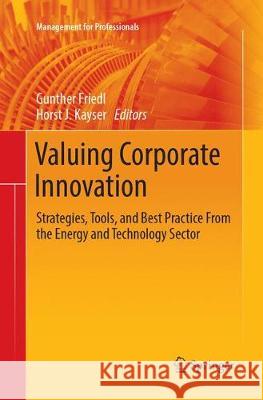Valuing Corporate Innovation: Strategies, Tools, and Best Practice from the Energy and Technology Sector » książka
topmenu
Valuing Corporate Innovation: Strategies, Tools, and Best Practice from the Energy and Technology Sector
ISBN-13: 9783319878904 / Angielski / Miękka / 2018 / 114 str.
Valuing Corporate Innovation: Strategies, Tools, and Best Practice from the Energy and Technology Sector
ISBN-13: 9783319878904 / Angielski / Miękka / 2018 / 114 str.
cena 246,04
(netto: 234,32 VAT: 5%)
Najniższa cena z 30 dni: 231,29
(netto: 234,32 VAT: 5%)
Najniższa cena z 30 dni: 231,29
Termin realizacji zamówienia:
ok. 16-18 dni roboczych.
ok. 16-18 dni roboczych.
Darmowa dostawa!
Kategorie:
Kategorie BISAC:
Wydawca:
Springer
Seria wydawnicza:
Język:
Angielski
ISBN-13:
9783319878904
Rok wydania:
2018
Wydanie:
Softcover Repri
Ilość stron:
114
Oprawa:
Miękka
Wolumenów:
01











